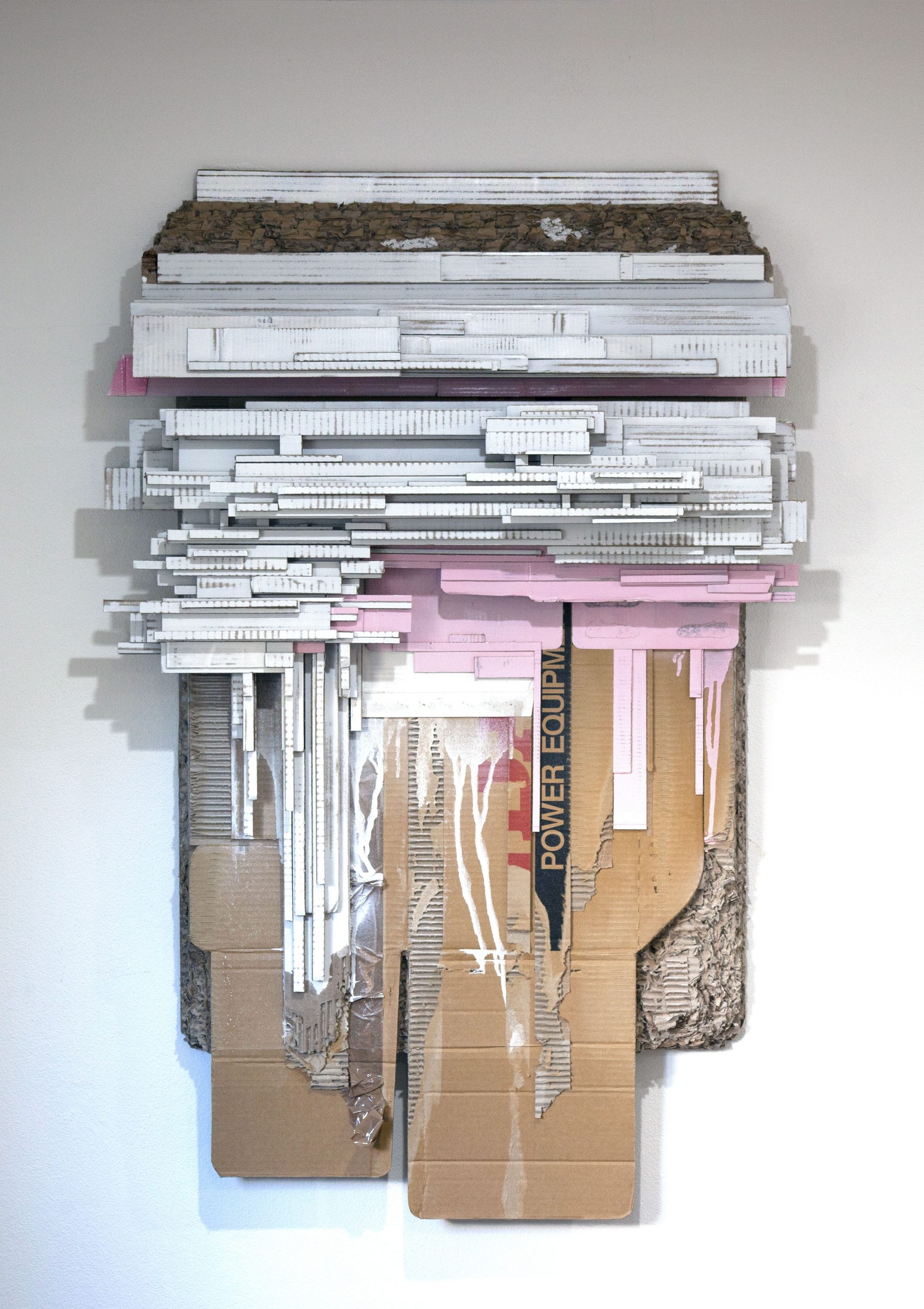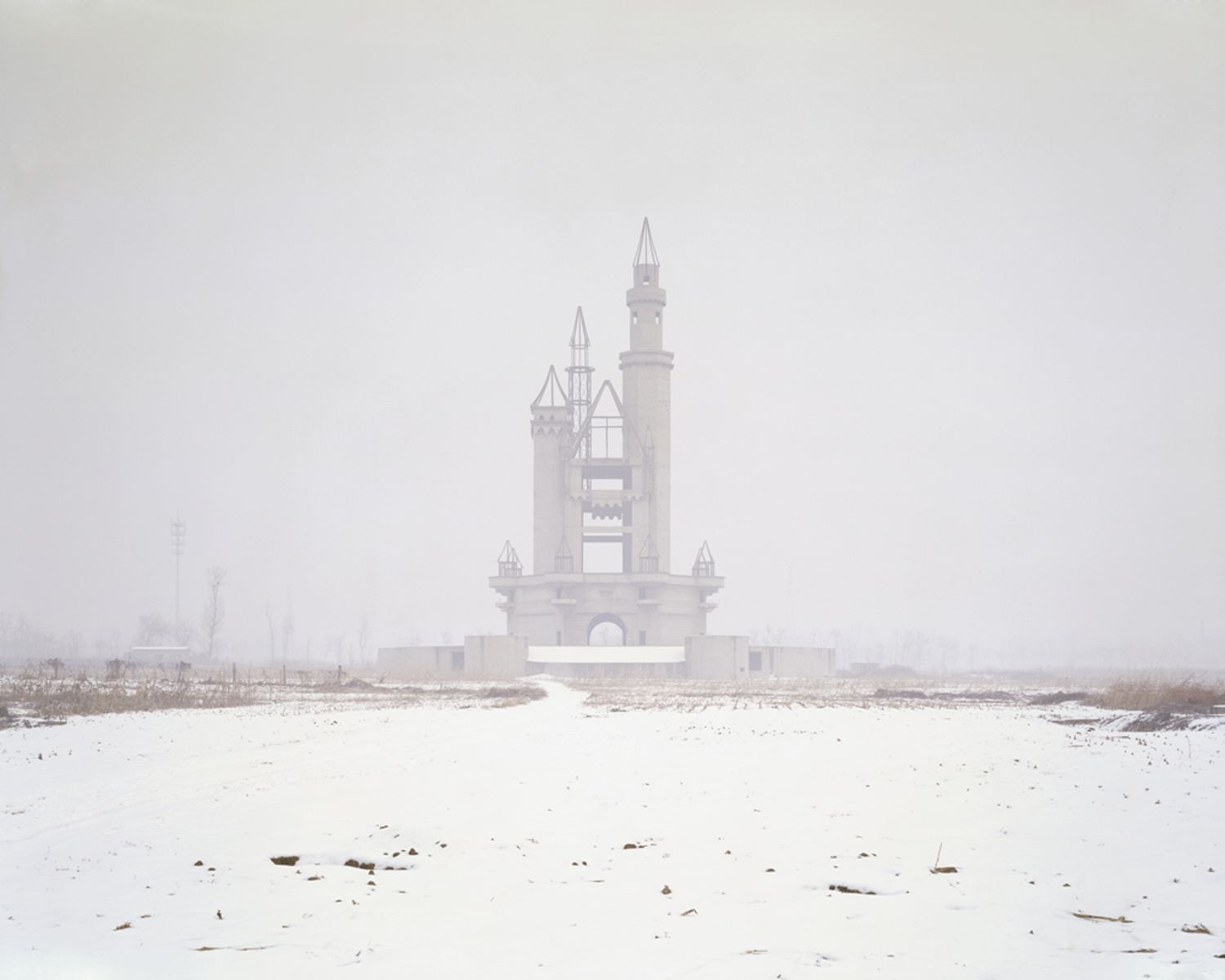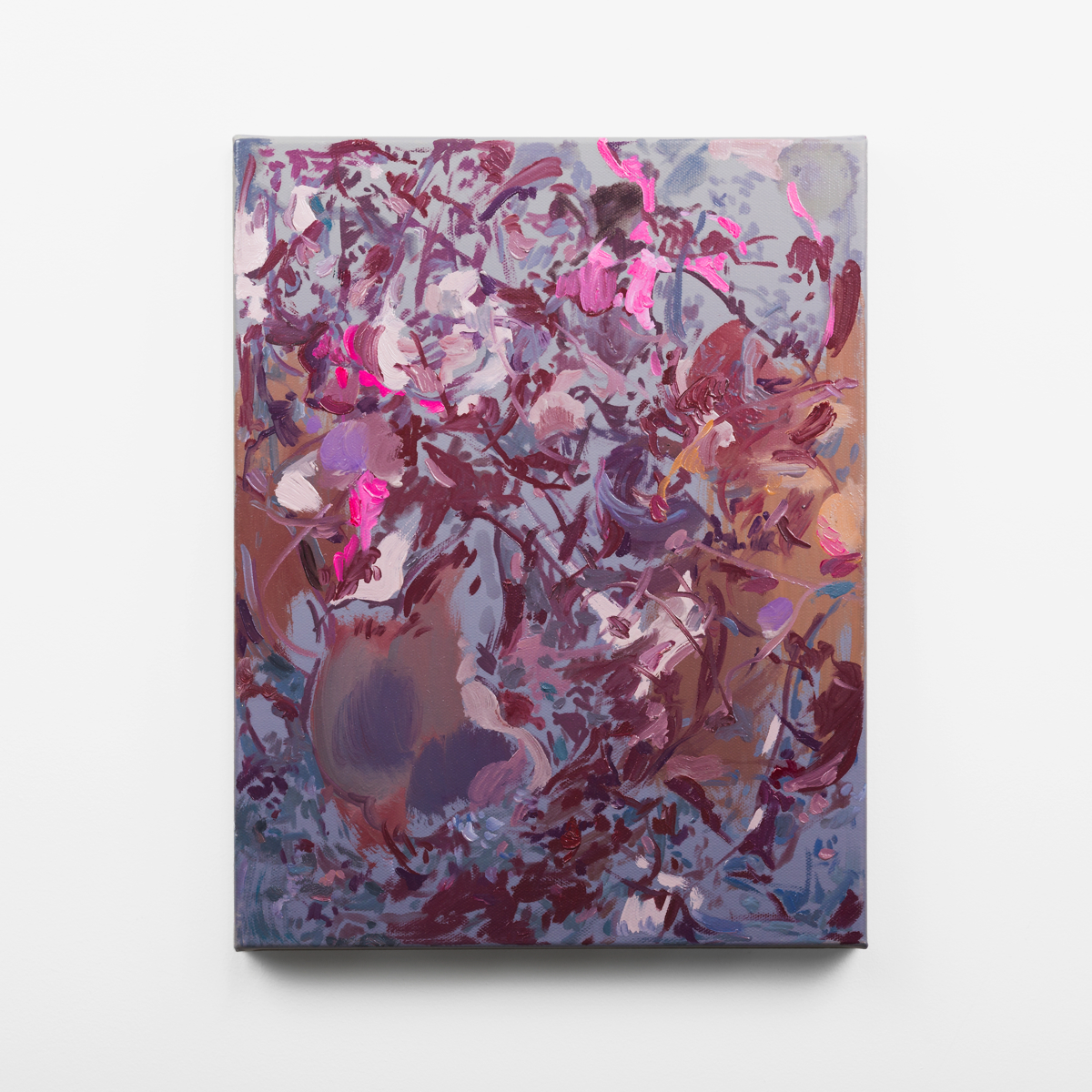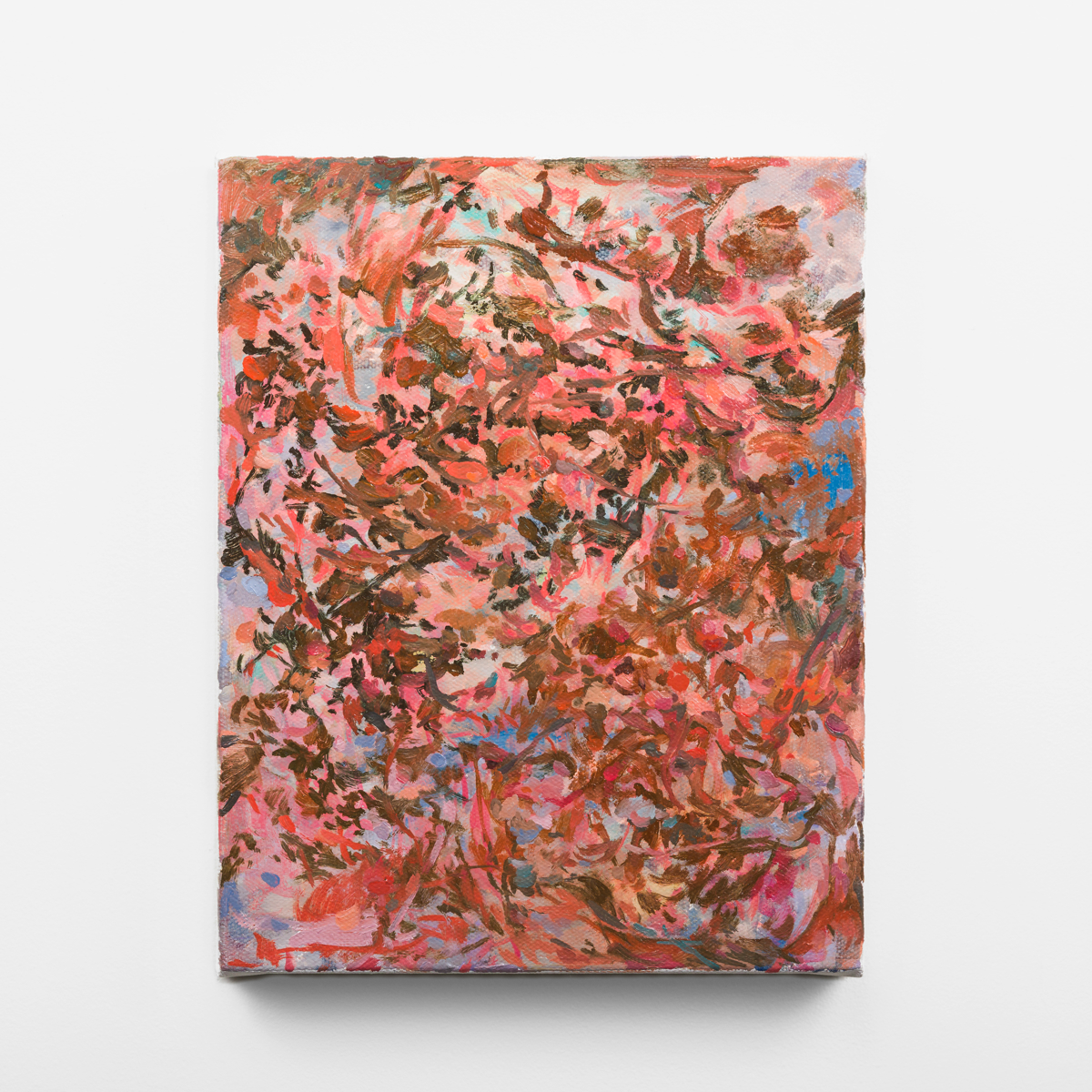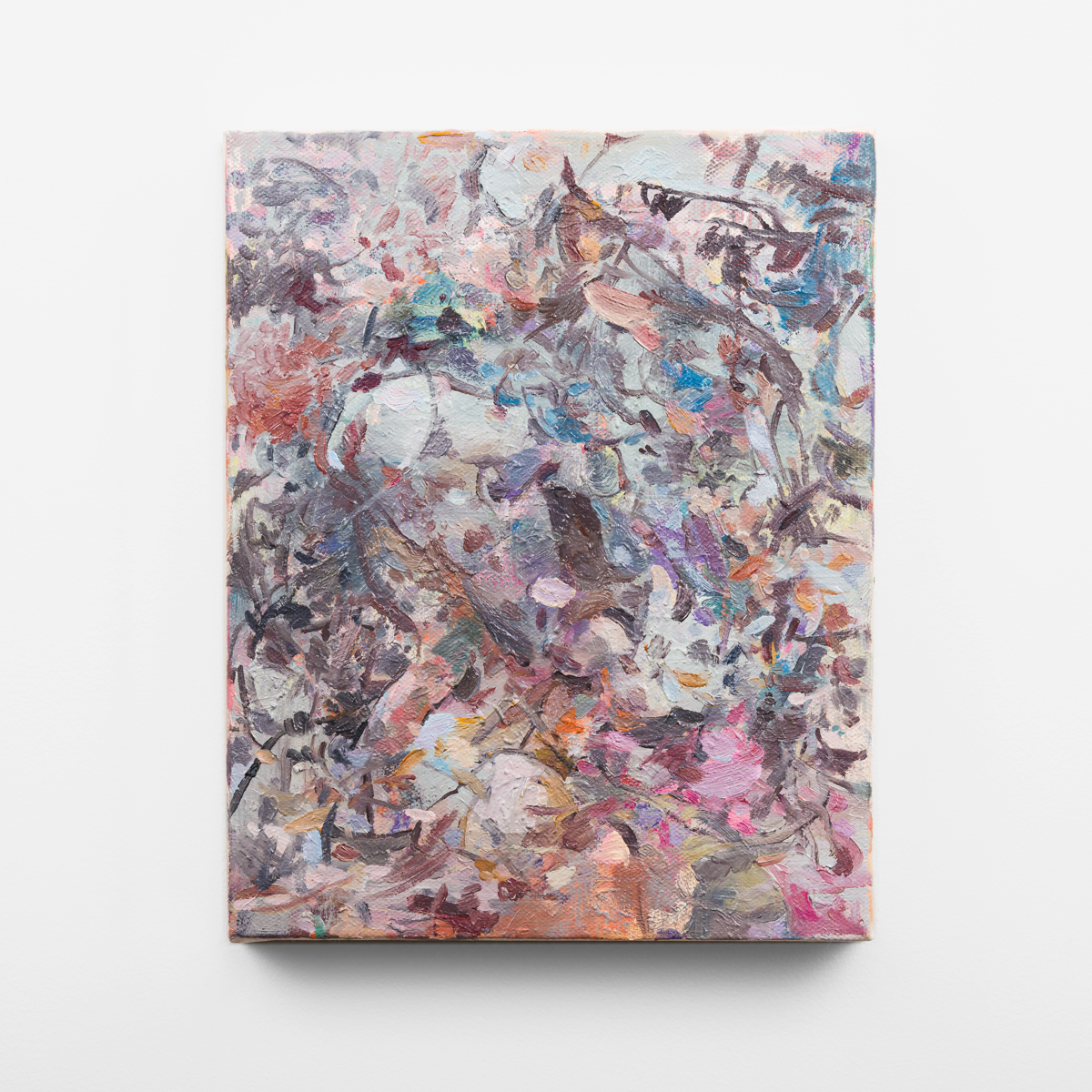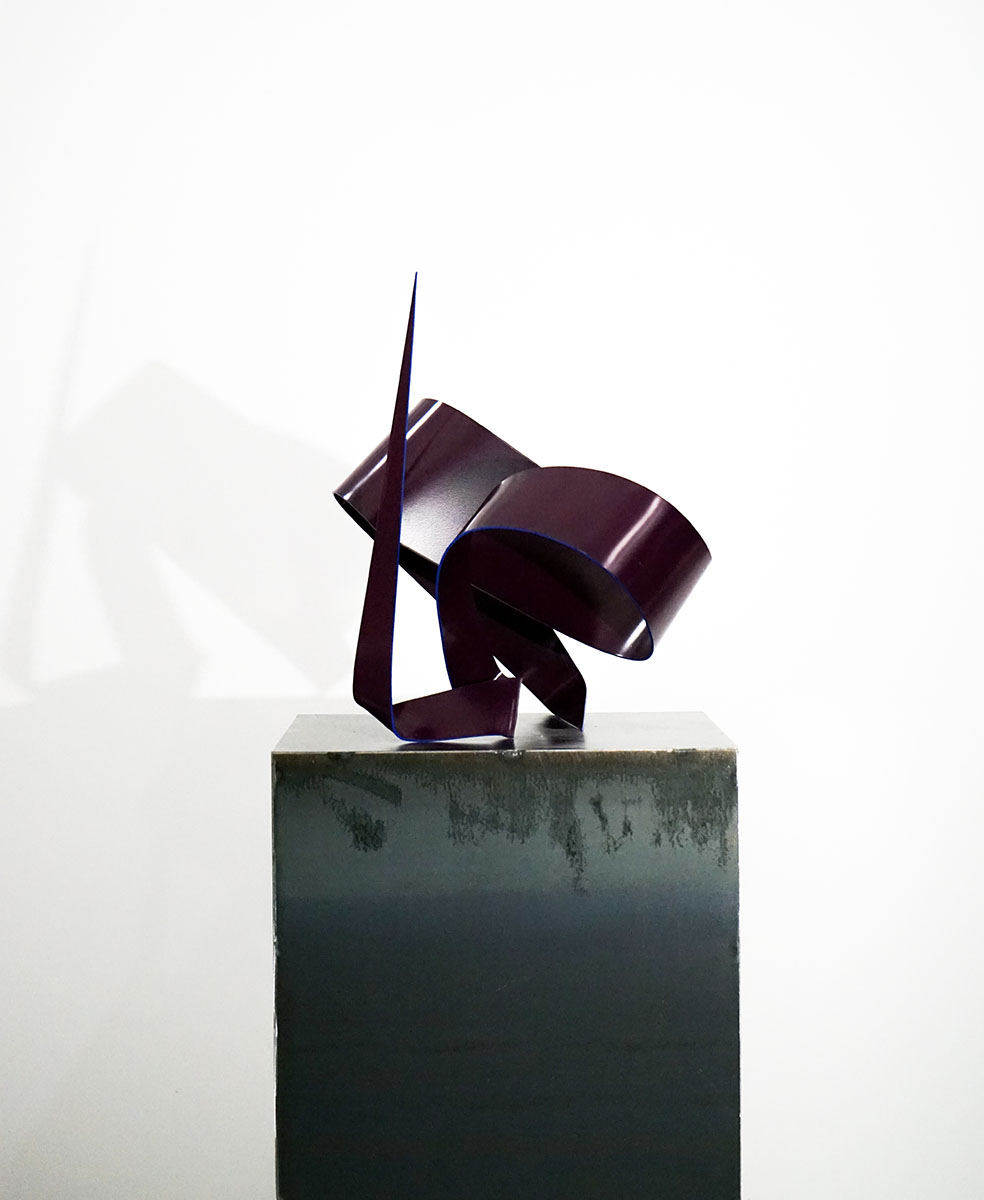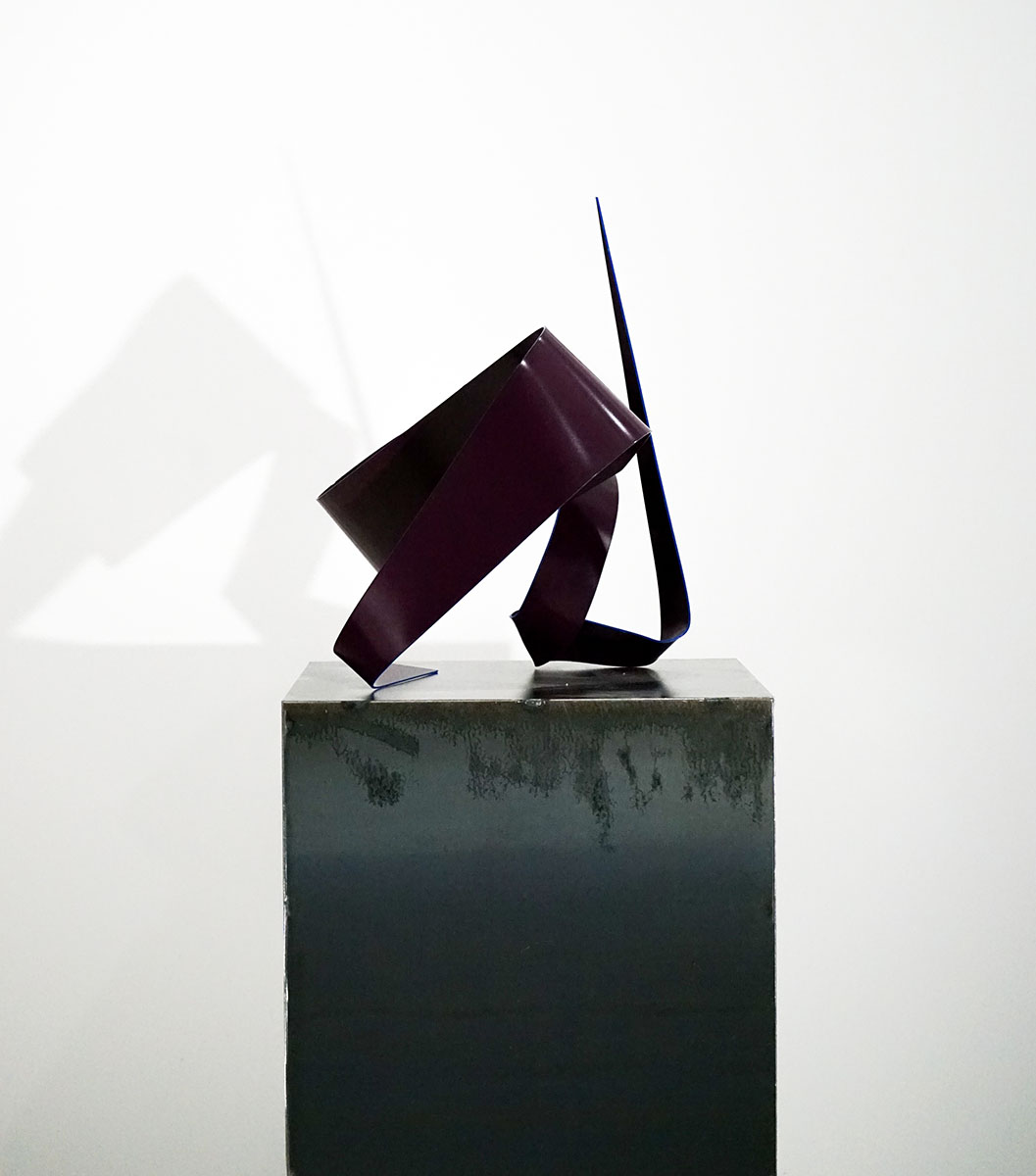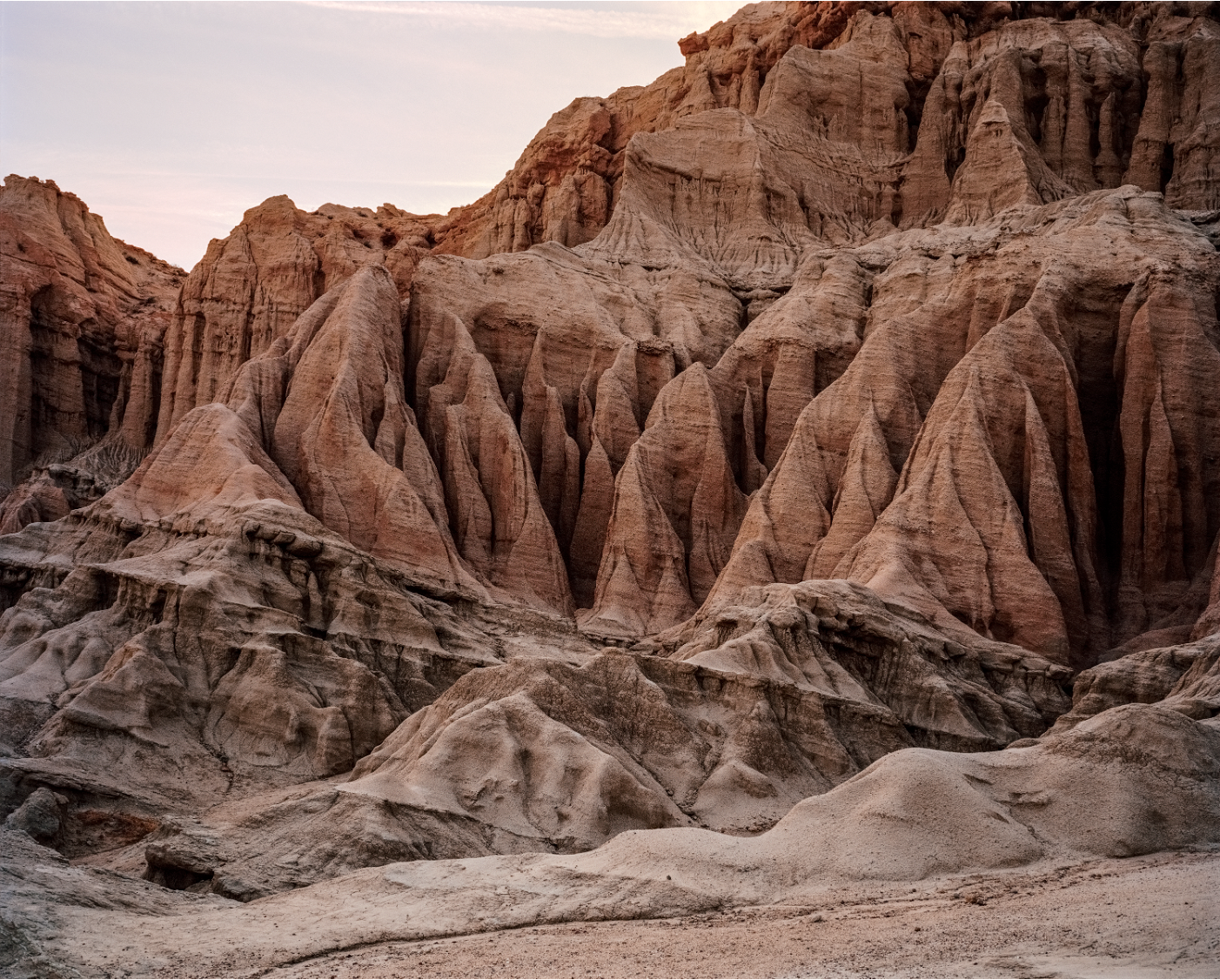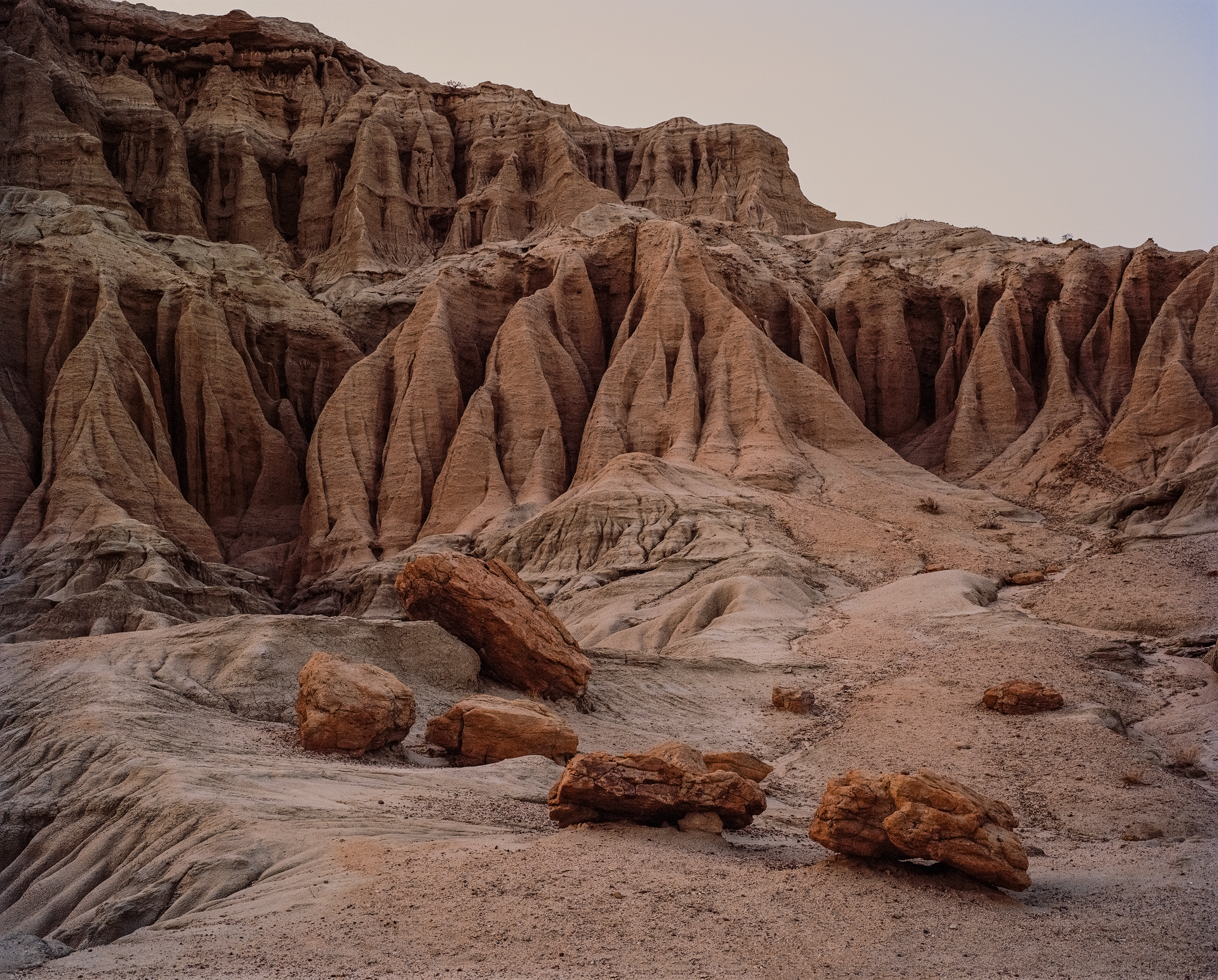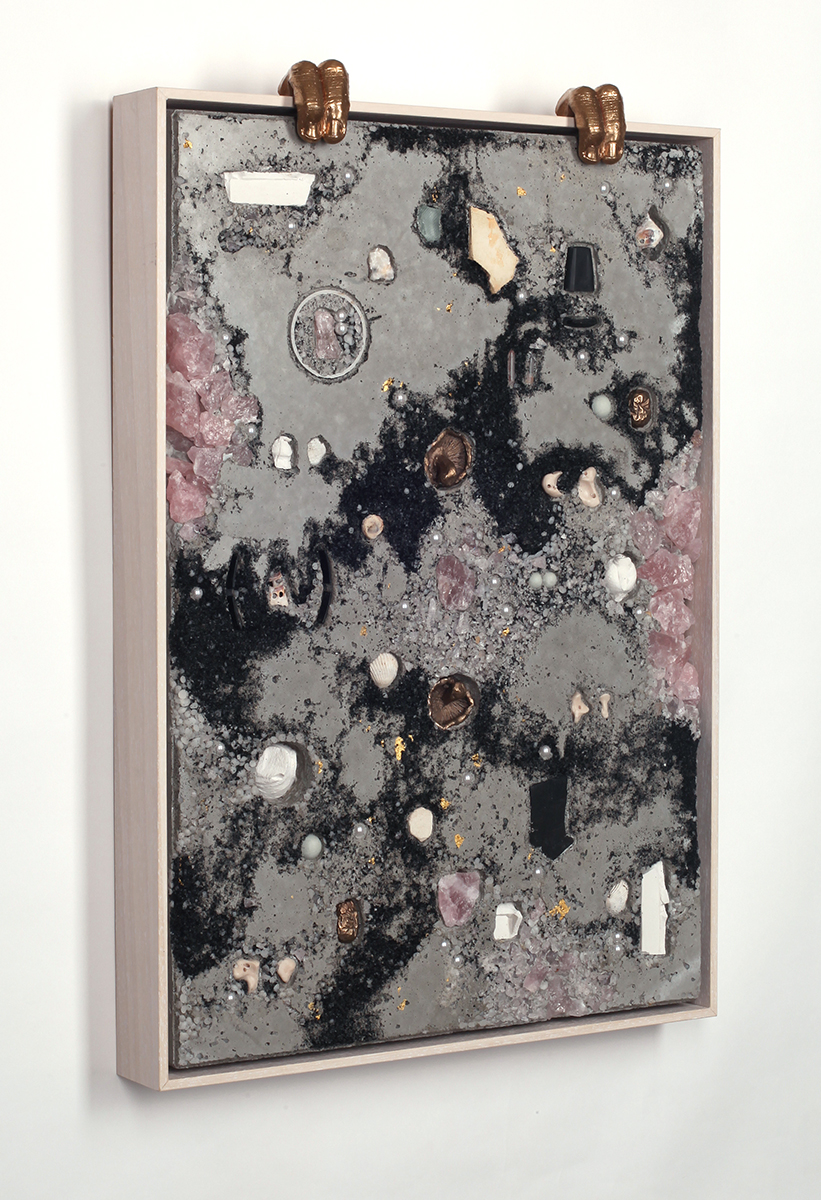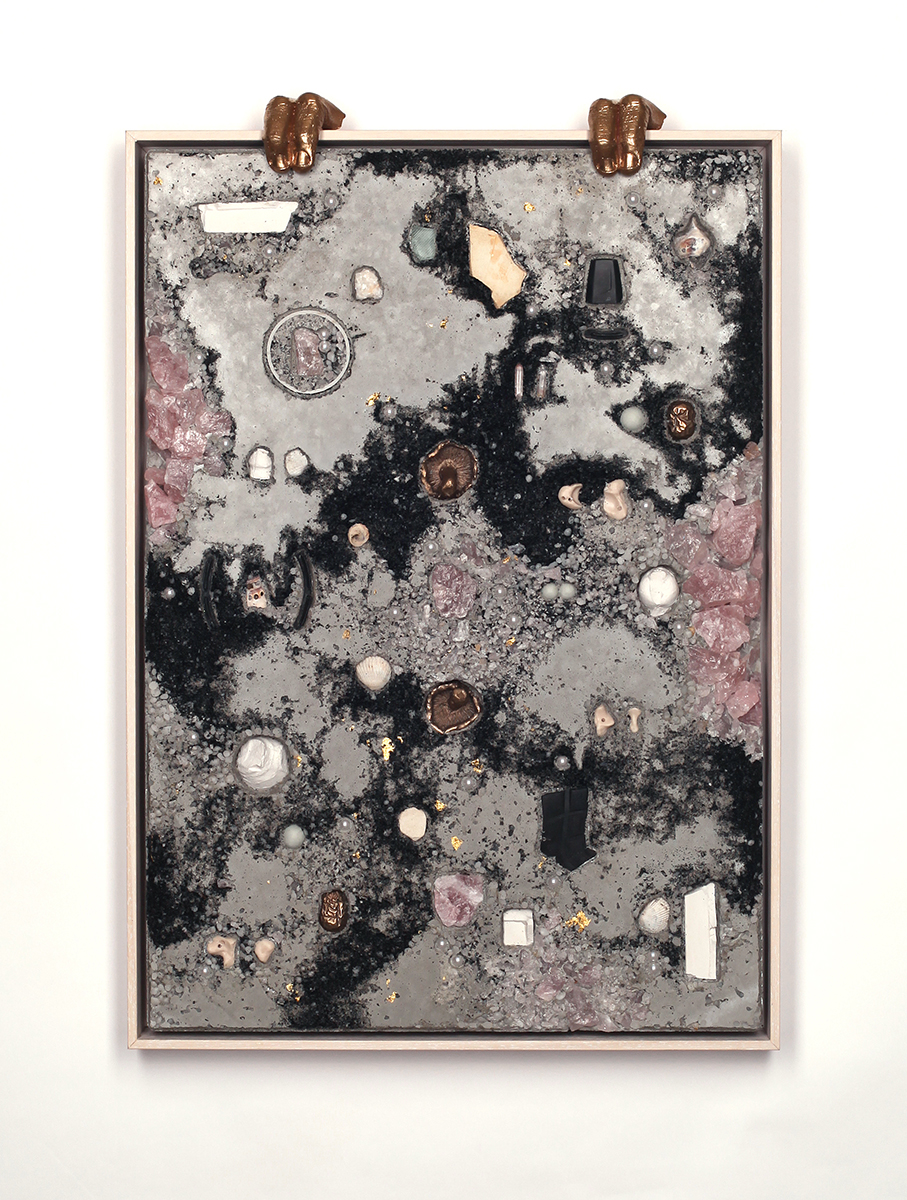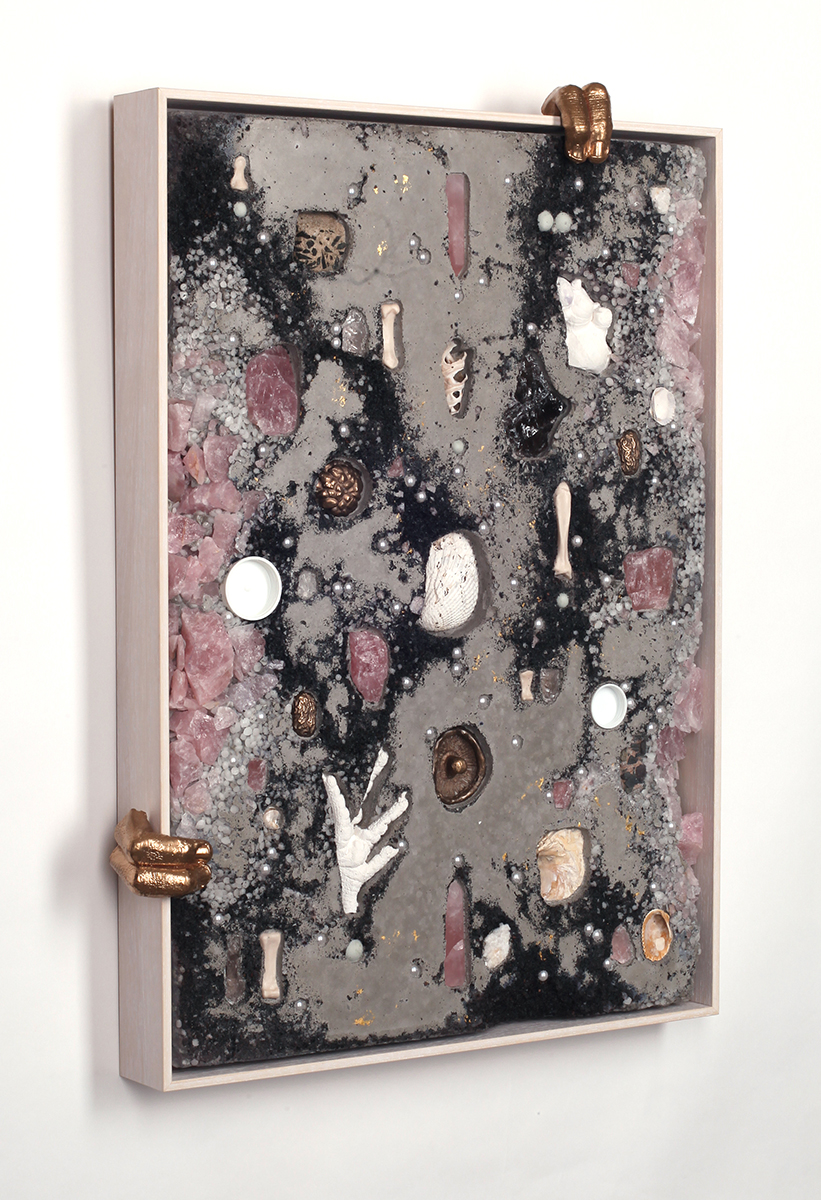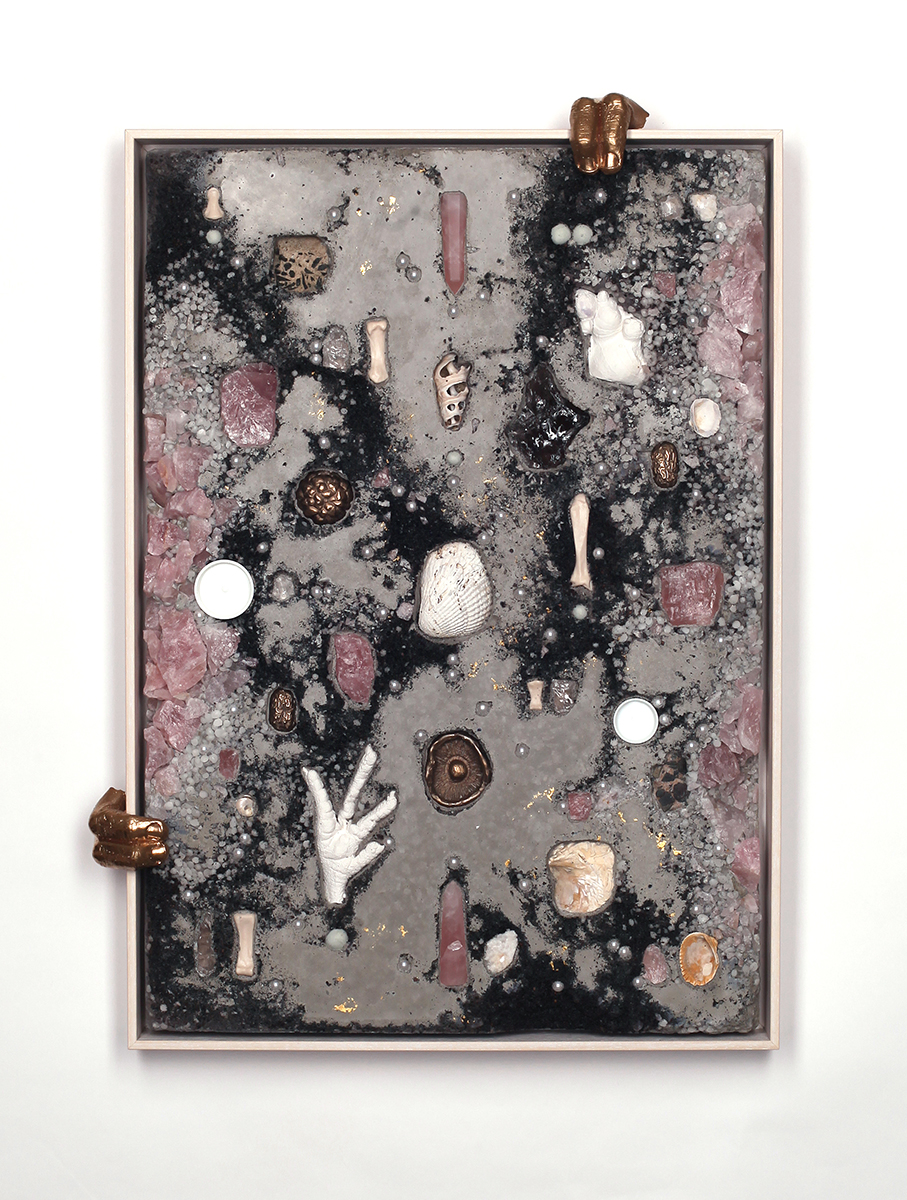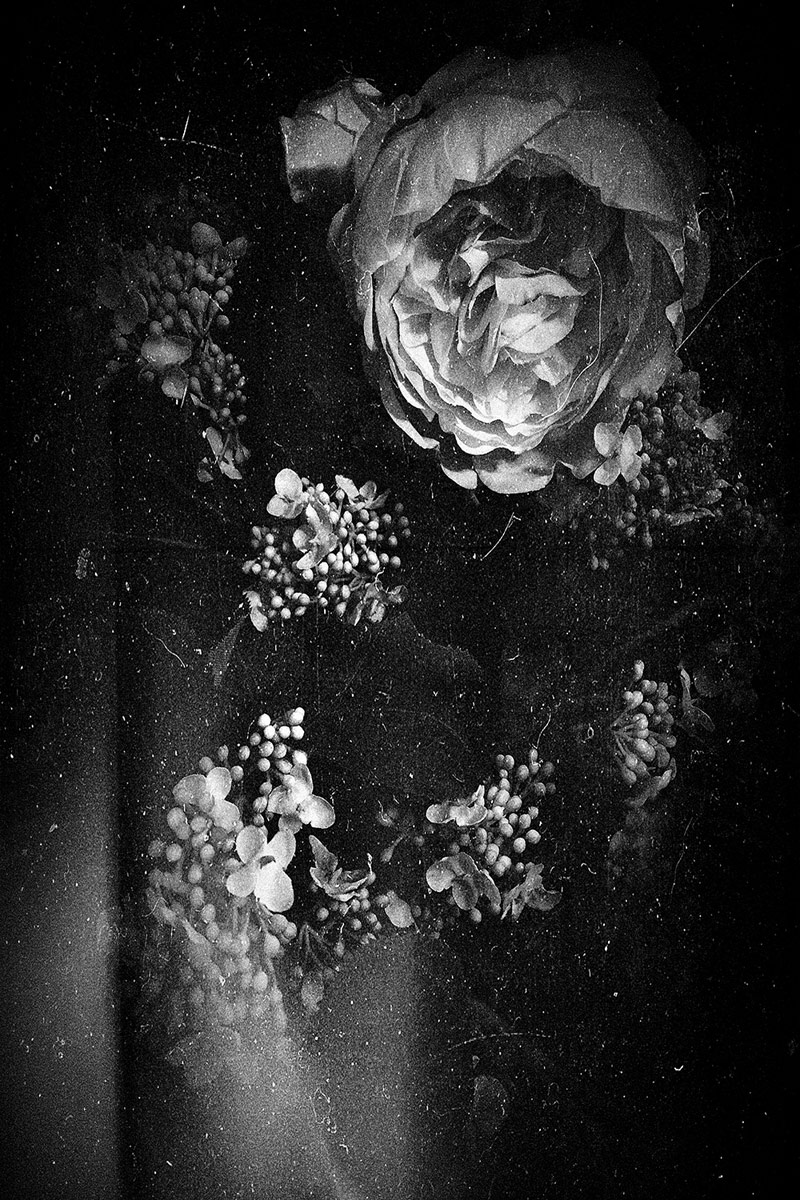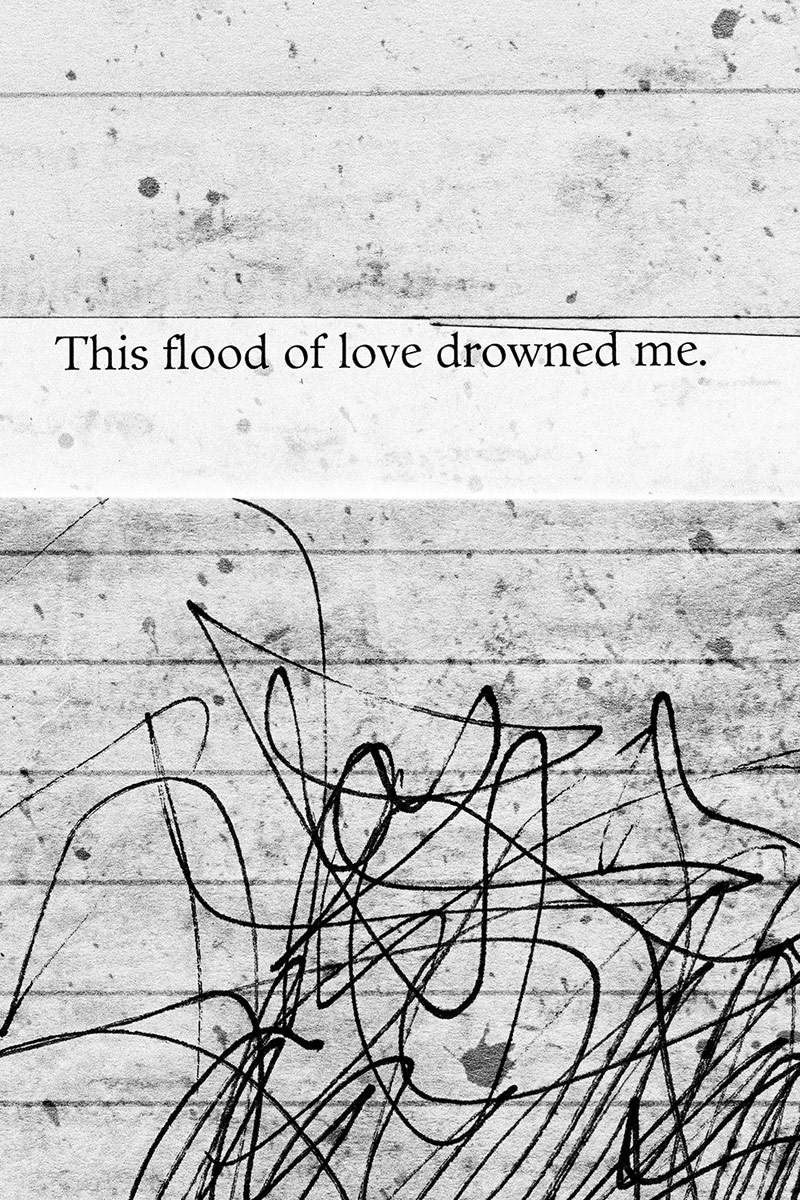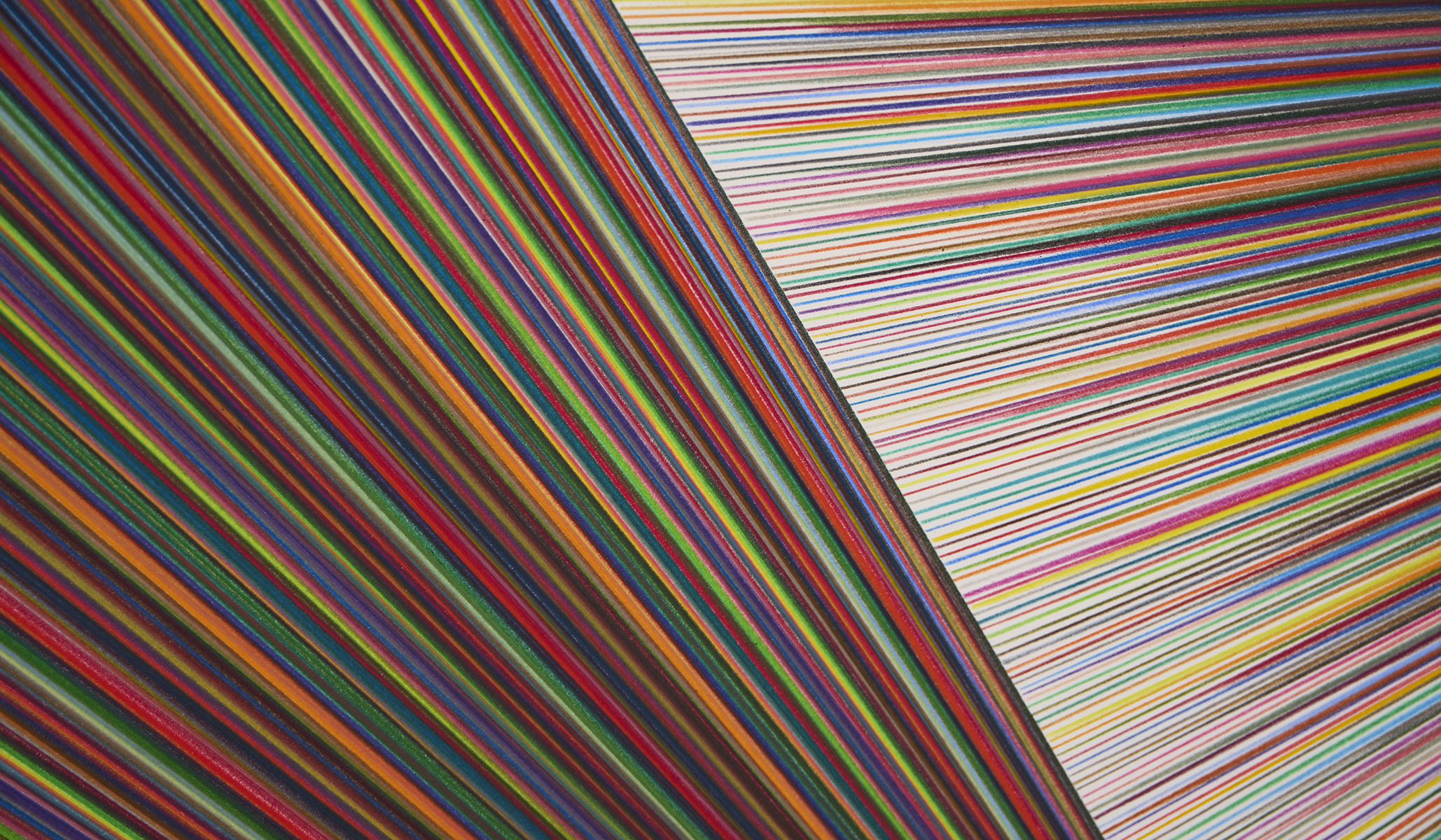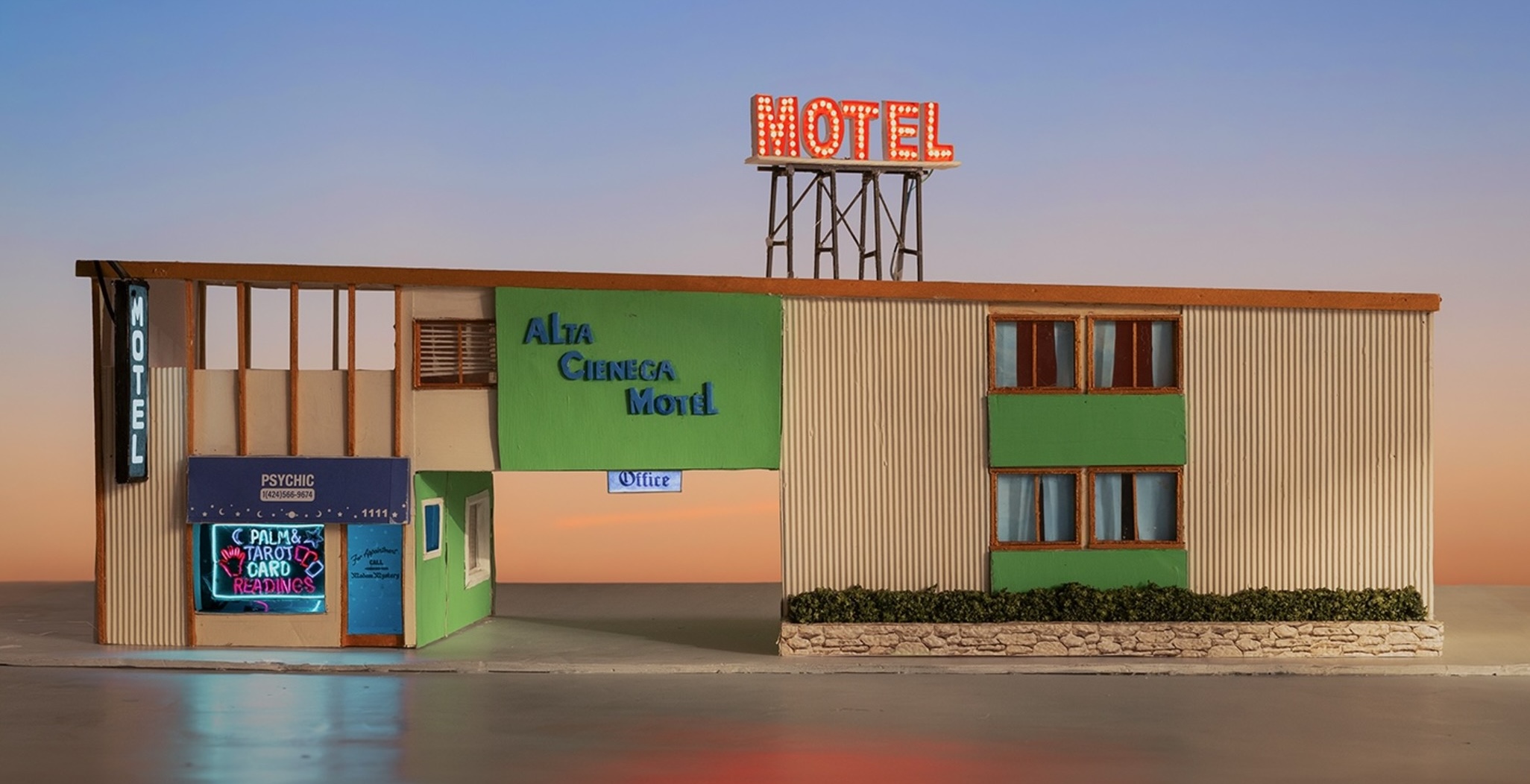A cross-section of neoteric, experiential and magical artworks from the Artereal archives, spanning exhibitions from 2006-2021.
Featuring works by:
Svetlana Bailey
Patrizia Biondi
Shoufay Derz
Owen Leong
Jiaxin Nong
Ben Ali Ong
Yioryios Papayioryiou
Photo-media artist Svetlana Bailey’s focus is on the insubstantial, the ephemeral, the ethereal and the seemingly other-worldly. A “now you see it, now you don’t” sense pervades her muted colour photographs of fog landscapes.
The Mirage works are from Svetlana Bailey’s 2012 artist residency in Chongqing, China. The series features photographs taken at sites in Sichuan Province and the outskirts of Beijing chosen for their fog-shrouded ethereality that enhances the sense of vastness, of stillness and the mystery of abandonment. The blanketed landscape is revealed as a place for introspection and fantasy, stimulating ideas of boundlessness and provoking uncertainty of perception and consequent sense of isolation and insecurity.
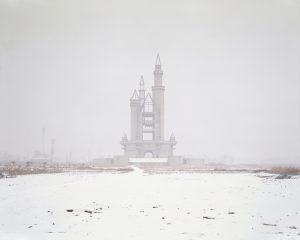
A sense of the surreal, with the mystique of an underlying cryptic narrative is palpable in Ben Ali Ong’s evocative photographs integrating aspects of the real and the imagined that he tempers and collages into images that are beyond usual photographic genre classifications.
Film noir and automatic writing are significant influences for the photo-artist who delves into the inner reaches of the psyche and of literature and philosophy.
Ben Ali Ong does not shoot to document an accurate image but to delve with his lens for the mood, the psychological sensibility; to paint with light, to find the poetry and mystery within an image or conflation of images.
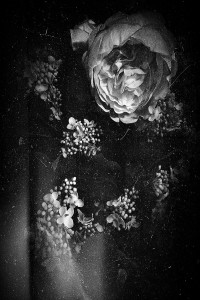
Transformation is at the essence of the art of Shoufay Derz. Her works allude as much to what has been – as to that which is now seen. Whether the subject is landscape, lives or language, an echo of the past pervades in the present.
Poets use words to describe what is often beyond word. Images and objects, frequently vested in the poetic, are conceptual and physical vehicles for continuing themes of the ineffable, of absence and erasure in her art.
Fragile landscapes, images of eroded sites, disappearing cliffs, are for the artist wordless poems and material representations of absence; terrains of emptiness that retain traces of geological scar, forms that are no longer there, subjects of periods of drought and flooding.
The panoramic USA Badlands landscape series Via Negative is named for a philosophical mode of alluding to, or describing ‘what is not’. Derz seeks terrains both physical and psychological – internal landscapes that are at the intersection of memory and triggered by traces and inescapable transcriptions of the past in the present.
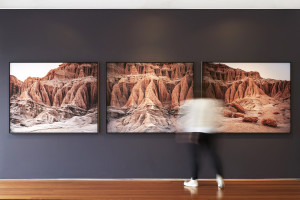
Patrizia Biondi’s intricate, quasi-architectural constructions, built out of salvaged cardboard, arise from her interest in contemporary socio-political issues, with a particular emphasis on the relationship between the rapidly changing nature of society and the establishment of global finance as culture.
The packaging materials ask the viewer to ponder the notion that contemporary subjectivities are engendered within the realm of consumerism, therefore social relations are increasingly becoming based on the values of economic ambition and competitiveness – which manifest through the ownership and worth of objects.
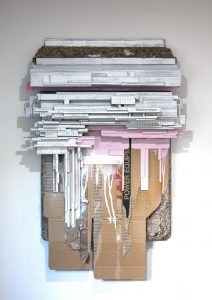
Through this process, the humanistic values of solidarity and empathy, which were once considered the connective tissue of society, are gradually being abandoned and, as a result, traditional concepts of community and the common good are rapidly disappearing.
Known for her evocative and gestural abstract paintings, Jiaxin Nong’s ethereal paintings are abstract documentations of her personal experiences as she makes her way through the ever changing conditions and stages of life.
Like many other immigrants, the conflict of cultural awareness is an important factor influencing Jiaxin’s artistic practice. This is not only a conversation between Eastern and Western contemporary art concepts, methods, and techniques; but a response to the impact brought about by changes in lifestyle and her lived experiences of two cultures.
Defined by strong gestural mark making and a finely attuned sense of colour, Nong’s paintings, with their whimsical and poetic titles, act as outlets for the artist to express and explore her memories, feelings, thoughts and daydreams.
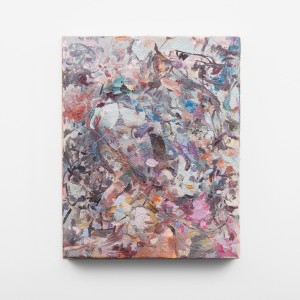
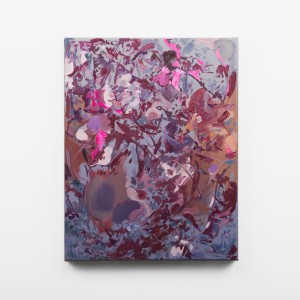
Yioryios Papayioryiou creates organic architectural forms which are grounded in the framework and mentality of painting but realised in the form of sculpture. Working with aluminium and acrylic paints, the artist bends, folds, contorts and manipulates his materials – an almost choreographic and dancerly process which culminates in the creation of works defined by a sense of energy and movement.
Underlying all of Yioryios’ works is a fascination with architecture and the built environment. Each work is an abstract and intuitive response to the architecture of a particular site such as Jorn Utzon’s Sydney Opera House or Harry Seidler’s Australian Embassy in Paris.
In the same way in which Kandinsky would take non-descript and everyday objects such as a ladder and a table as his starting point, drawing inspiration from their lines and contours, and forming in his mind the dynamic and vibrant compositions for which he is now synonymous with; Yioryios’s ever-evolving free-form helixes and spirals draw on the shapes and silhouettes of architecture to create sculptures which are a pure visual response.
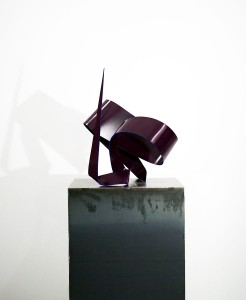
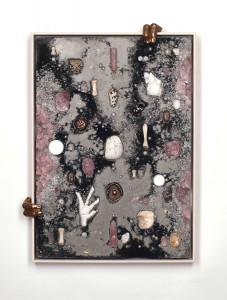
Reminiscent of ancient stone tablets dug up from an archaeological site, Owen Leong’s latest body of wall-based ‘geological abstractions’ also function as a series of palimpsests. Layered into the works are hidden narratives and memories, triggered by the associations which many of the familiar and personal objects so carefully placed within the works must inevitably evoke for the artist. This hint at a partially obscured narrative, and a sense of mystery and intrigue, speak to newcomers to Leong’s artworks in an equally powerful way. We recognise the shattered yet carefully placed fragments of vintage pink Tupperware, the pathos of the empty plastic shell that once housed shiny new iPhone airpods and the humdrum plastic bottle tops that we carelessly toss aside without a second thought.
Contrasting with the permanence of materials such as gypsum and concrete, Leong’s choice of everyday materials reminds us of the impermanence of everything and prompts us to consider how and to what we assign value. Our contemporary throwaway culture is suddenly turned on its head as waste materials are all at once viewed in a new light and we marvel at their simple beauty. Placed alongside this detritus are hand cast and carefully moulded sculptural elements: winter mushrooms and plumply wrinkled red dates cast in bronze and representative of traditional Chinese medicine and its healing properties; medallions imprinted with the artist’s own fingerprint; and wrapped around the frame themselves, creeping into the traditional picture plane, the cast golden fingers of the artist – drawing the eye inwards.
All prices are in Australian dollars and inclusive of GST. Freight and shipping costs not included. Please contact the gallery for assistance with freight and shipping. Prices are correct at the time of publication but may be subject to change without notice. For sales enquiries email: info@artereal.com.au
Terms and Conditions Apply to Sales Goods
Cardboard, enamel paint and wood
133 x 86 x 25cm
Peter rabbit has a birthday party, but you haven’t been invited
Oil on canvas
28 x 35.5cm
Catalysing Colour 5 Dioxazine Purple x Cobalt Blue
Aluminium, automotive paint & synthetic polymer
49 x 40 x 42cm
Via Negative I
Pure pigment print on cotton rag paper
Edition of 5
128 x 160cm unframed / 130 x 162cm framed
Via Negative II
Pure pigment print on cotton rag paper
Edition of 5
128 x 160cm unframed / 130 x 162cm framed
Via Negative III
Pure pigment print on cotton rag paper
Edition of 5
128 x 160cm unframed / 130 x 162cm framed
Intimate Debris 1
Concrete, bronze, rose quartz, clear quartz, marble, gypsum, black glitter, beeswax, acrylic pearls, shells, anatomical bones, epoxy clay, polyurethane resin, found objects, studio detritus, 24kt gold leaf, limewash wood frame
62.5 x 44 x 6cm (framed)
Intimate Debris 2
Concrete, bronze, rose quartz, clear quartz, marble, gypsum, black glitter, beeswax, acrylic pearls, shells, anatomical bones, epoxy clay, polyurethane resin, found objects, studio detritus, 24kt gold leaf, limewash wood frame
62.5 x 44 x 6cm (framed)
Without hope, without fear
archival pigment ink-jet print
60 x 40 cm (unframed)
edition of 3
This flood of love drowned me
archival pigment ink-jet print
60 x 40 cm (unframed)
edition of 3


